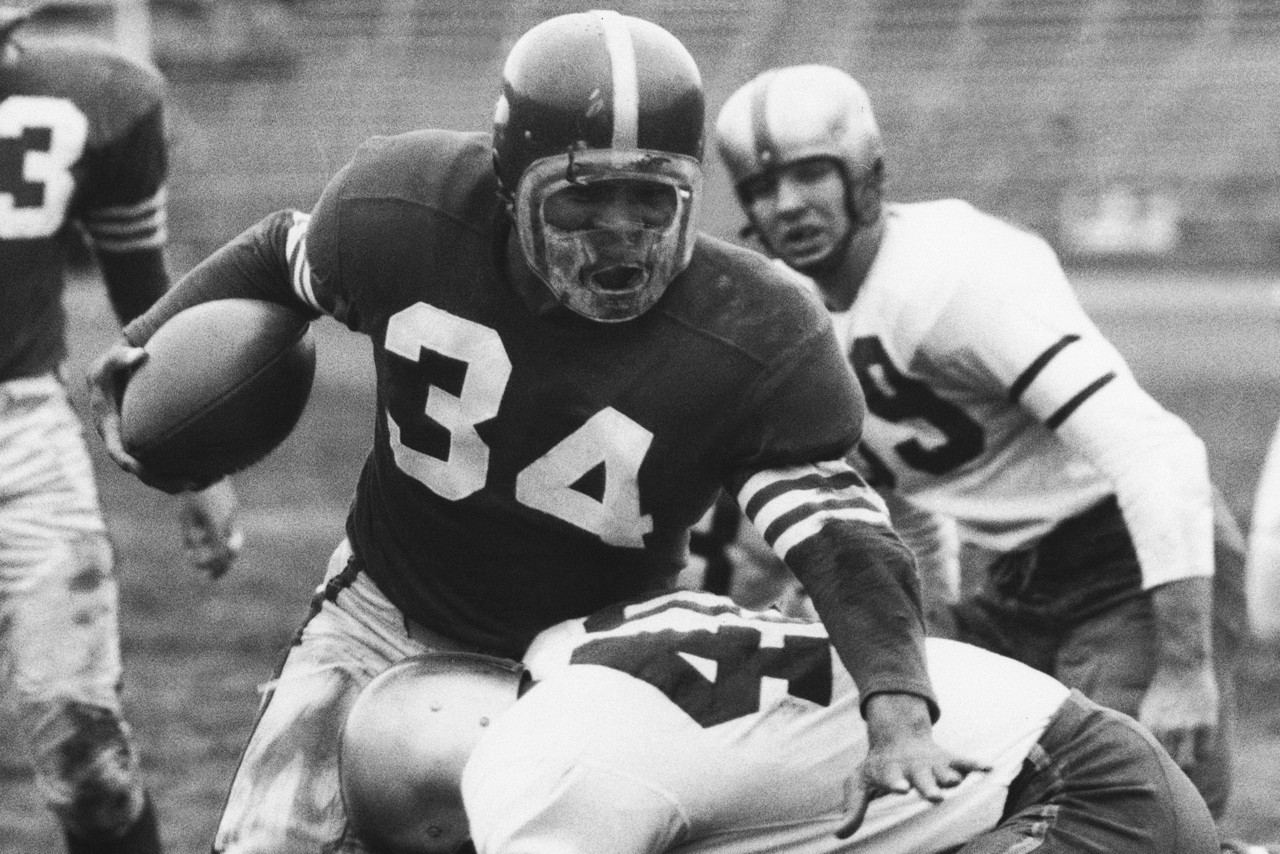Sports teams want to use high-tech tools to quantify everything about their players, being able to monitor when an injury is likely to occur and alter training patterns and to know in advance which athletes are particularly prone to injury. It’s predictive diagnoses, more or less. Of course, players’ unions may not favor such information being shared since it could compromise an individual’s earning ability, but it’s likely to become widespread eventually in some sort of grand bargain. From Brian Kamenetzky at Fast Company:
“In sports, injuries don’t just cost wins. They cost money. By one estimate, teams across Major League Baseball spent $665 million last year on the salaries of banged-up guys and their replacements. NBA teams lost $358 million last season; $44 million alone by the injury-ridden Los Angeles Lakers. And in the NFL, where the average salary is about $2 million, starters missed a record 1,600 games in 2013.
Until recently, this was largely seen as the cost of doing business, subject as much to the will of the sports-injury gods as advancements in training. Now, the fast-growing industry of performance analytics says it can minimize those massive losses. The trick: using data to anticipate how an athlete will get hurt before it actually happens.
‘We really think [injuries] are the largest market inefficiency in pro sports,’ says Adam Hewitt, assistant GM of Peak Performance Project (P3) in Santa Barbara, CA, one of the country’s leading centers of sports science and performance analytics.
What was once the domain of a relatively small group is now hitting the mainstream, increasingly embraced by teams across American pro sports and even the leagues themselves–including the San Antonio Spurs, Oklahoma City Thunder, Seattle Sounders, Pittsburgh Pirates, New England Patriots, and Philadelphia Eagles, and more. There are a variety of companies and technologies in play, all utilizing the principle of turning everything measurable (from movement to body chemistry) into data, analyzed for distressing patterns.”
Tags: Adam Hewitt, Brian Kamenetzky

